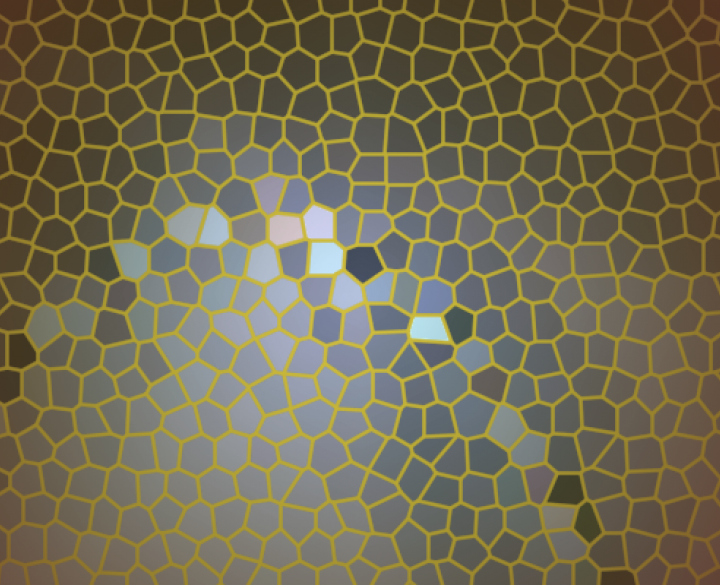Context
The European Commission recently launched an ambitious programme on plastic recycling: The Circular Plastics Alliance, including the firm commitment of more than 100 private and public actors from the entire plastic value chain to increase the amount of recycled plastics from 4 mio t to 10 mio t by 2025. This reflects the importance of waste recycling to generate new feedstock. In the textile industry, 97% of the textiles are produced with virgin feedstocks including 55% man-made polyester (PES) and 27% cotton (CO). 12 % of the feedstock is lost during production as post-industrial-waste (PIW) and most of the post-consumer-waste (PCW) is “thermally recycled” (incinerated) or “mechanically recycled” (downcycled).
Aim
Creation of an optimized and competitive process to recover and reuse polymers used as feedstocks in textile industry from common PIW and PCW.
- The research will focus on the treatment and stepwise solubilization and separation of polymers that are commonly used as blended textiles in apparel, protective garments and interior textiles and on replacing them with a next generation of products by wet and melt spinning of fibers or polymer extrusion.
- Prior experiments demonstrated the practicability of this approach: A stepwise solubilization of CO and EL leading to pure polymers in IL and BBS solutions, as well as the solubilization of different high-performance polymers have been reproduced on a laboratory scale.
- At the end of this project there will be an economically relevant and eco-friendly process, avoiding toxic or corrosive solvents, with low expenditures on raw materials that can easily be introduced in the textile value chain. Within this CORNET project we will fulfill the needs of the local SME for a proper recycling.
The different steps of the process - collection of input material, removal of contaminants, wet- and melt-spinning of new fibers - can already be implemented in the SME of the Users Committee during the project.
Project partners
Project coordinator
- Forschungskuratorium Textil e.V. (DE)
Research partners
- Centexbel (BE)
- Ghent University (BE)
- Deutsches Textilforschungszentrum Nord-West gGmbH (DE)
Acknowledgements
Cornet Project financed by Vlaio under No. HBC.2020.2219






